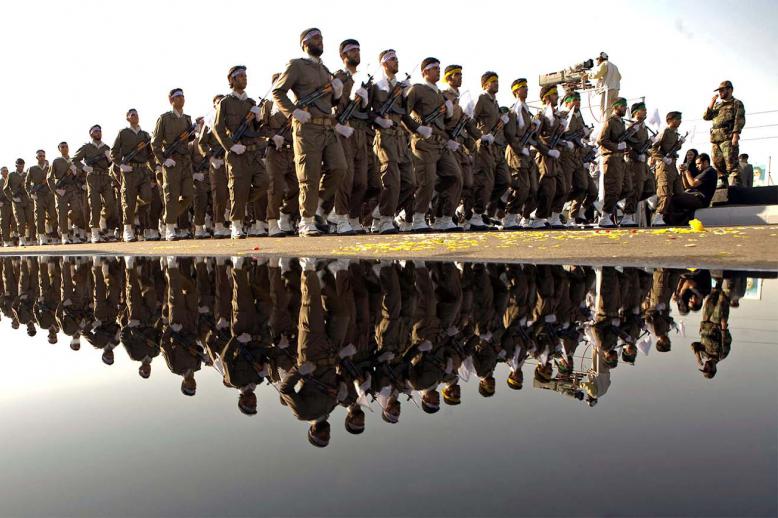Amnesty’s report on Morocco undermines its credibility
LONDON - Western diplomatic circles in Rabat and Paris asked how human rights group "Amnesty International" could fall into the trap that was it set for itself, especially as it has so far failed to provide any evidence of the allegations that it recently published against Morocco.
On June 22, Amnesty accused Morocco of hacking journalist Omar Radi's phone.
The rights group found that Radi’s was subjected to several attacks using a "sophisticated new technique" that silently installed Israeli cyber company NSO's Pegasus spyware.
“The attacks occurred over a period when Radi was being repeatedly harassed by the Moroccan authorities, with one attack taking place just days after NSO pledged to stop its products being used in human rights abuses and continued until at least January 2020,” Amnesty said.
Four days later, Moroccan authorities totally and completely rejected the Amnesty’s allegations and demanded the rights group provide evidence.
What is ironic among the diplomatic community is that Amnesty International did not ask itself about the motive of hacking the phone of a journalist, except if the aim of all what happened was to offend Morocco.
It may be that as one Western diplomat says that there is a war of a commercial nature between companies that produce mobile phone piracy spyware.
The diplomat considers that Amnesty didn’t need to engage in and be trapped in such a war, for such or such company, in order to ensure the minimum level of credibility and transparency that the organisation is supposed to possess.
The funny thing is that 17 international media outlets published Amnesty’s report without trying to check its credibility, which has raised questions about how trustworthy the information is being fed to them. This lightness is like no other, especially since Moroccan authorities found in the so-called report mere allegations with no basis whatsoever. This led Rabat to demand Amnesty International provide evidence of their allegations as the rights group has so far been unable to do so.
Mohamed Siktawi, Executive Director of Amnesty International in Morocco, was summoned and asked to provide evidence "as soon as possible" regarding the alleged hacking of Radi's mobile phone.
Morocco has nothing to be ashamed of and does not possess an electronic spying system on mobile phones, a claim confirmed by credible intelligence sources to the Moroccan media.
The astonishing fact is that Amnesty did not bother to ask a question in this regard to the relevant authorities in Morocco before publishing its report. Such a question would have saved Amnesty embarrassment and its reputation that it said it was keen on, and would have allowed it to preserve some of the respect it still possesses.
Perhaps the best summary of everything that happened is what a familiar Moroccan source says is a campaign of a diplomatic and media nature targeting Morocco in these particular circumstances. Moreover, the source says that those who want to sell spy devices used by the security services should look for somewhere other than Morocco to market their products. The North African kingdom is outside the ongoing war between companies that produce mobile phone piracy spyware.
Blackmailing Morocco by Amnesty" or any other rights group would not be beneficial in anything. It’s just that Amnesty has undermined both itself and the human rights it claims to defend.
Saad Guerraoui, PhD, is Deputy Editor-In-Chief of Middle East Online







